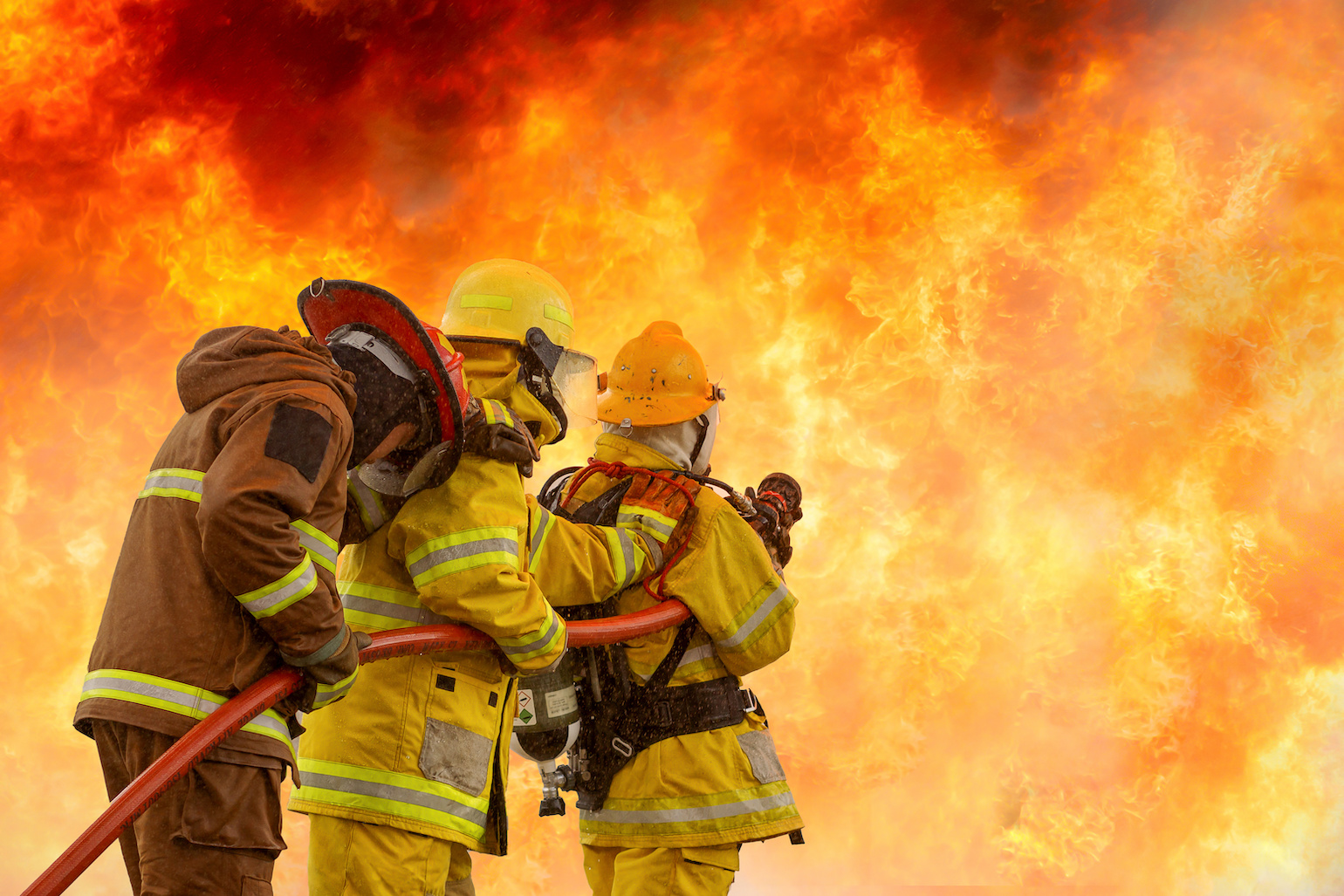
Since 1919, fixed-wing and rotary aircraft have been an invaluable firefighting resource for the U.S. Forest Service (USFS). Aircraft are used to fight fires, inventory surveys, to reach remote locations, or for prescribed fire support. Even in the early 1900s, the agency knew there had to be a better and faster way to get firefighters to remote forested locations.
In 1939, the USFS began using a Stinson Reliant for patrols and staff transport. With this aircraft, the agency began exploring the use of paratroopers for fighting fires.
Idaho’s historic smokejumper
In July of 1940, the first parachute jump into a wildfire took place in northern Idaho. Firefighter Francis Lufkin and Glenn Smith, a professional jumper, made the first jump into mountainous terrain demonstrating the successful use of smokejumpers. These early successes led the USFS to establish parachute training sites in Washington and Montana in 1940.
The U.S. Army takes note
Before the U.S. Army had formalized a paratrooping division, they were interested in what the USFS was developing. In 1940 the Army sent officers to the smokejumper base in Missoula to learn parachute techniques and training tips. One of the officers, Maj. William Cary Lee, later organized the first paratrooper training at Fort Benning, Ga. In August, members of this test platoon made their first jump from a Douglas B-18 over Lawson Army Airfield.
Today
There are 450 smokejumpers at nine bases throughout the western United States. The USFS operates seven locations, and the Bureau of Land Management has two.
Hotshot crews
The Bureau of Land Management has 11 interagency hotshot crews stationed in Alaska, California, Colorado, Idaho, Mississippi, Nevada, Oregon, and Utah. The specially-trained firefighters provide an organized, mobile, and skilled workforce for all phases of wildland fire management. Hotshot crews consist of 20 firefighters who receive top-notch training, adhere to high physical standards, and can take on difficult assignments.
Although a hotshot crew’s main goal is wildland fire management, they also support all-risk missions, such as disaster relief. More information is available in the Standards for Interagency hotshot crew operations and Smokejumpers U.S. Forest Service.
